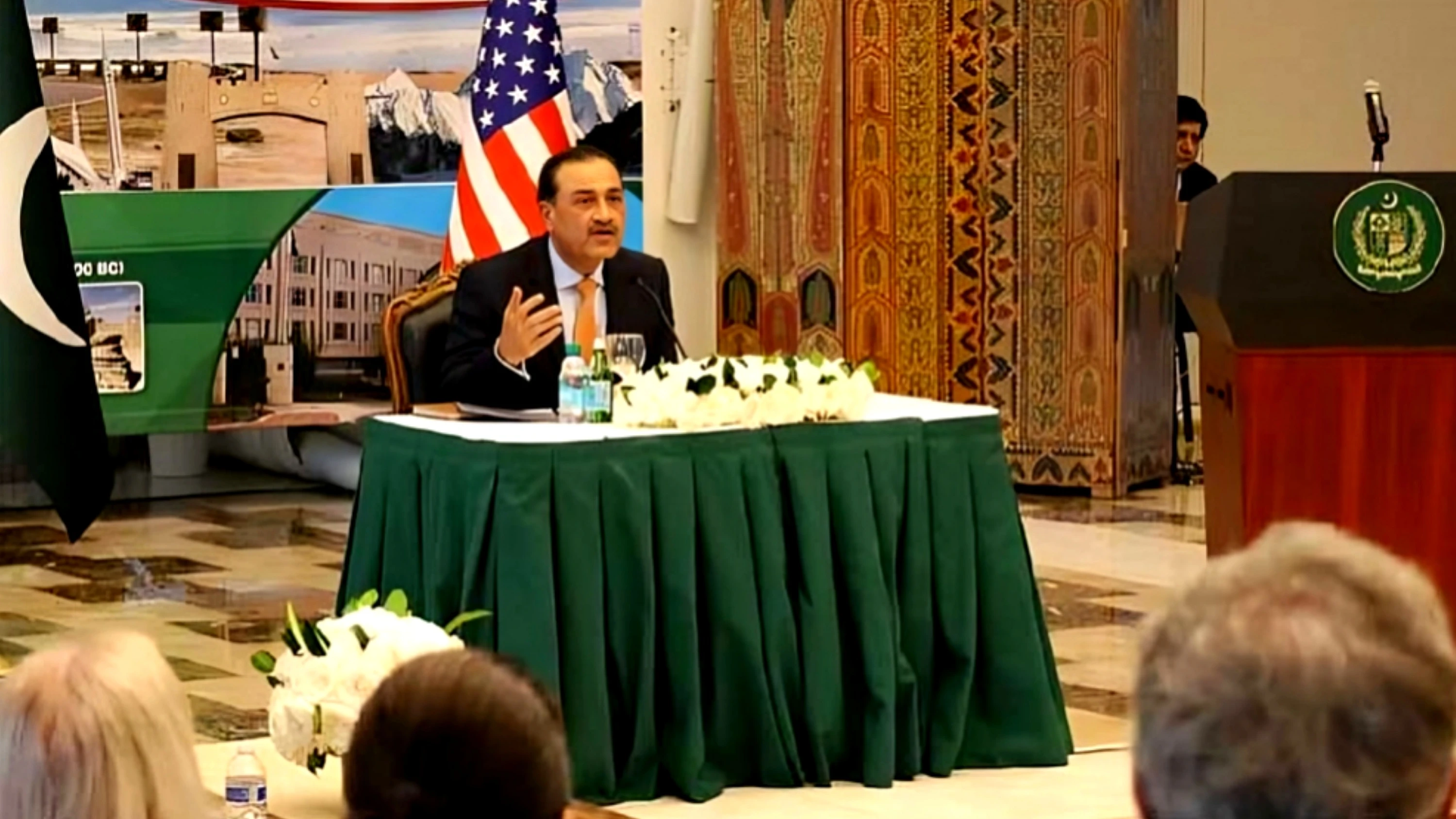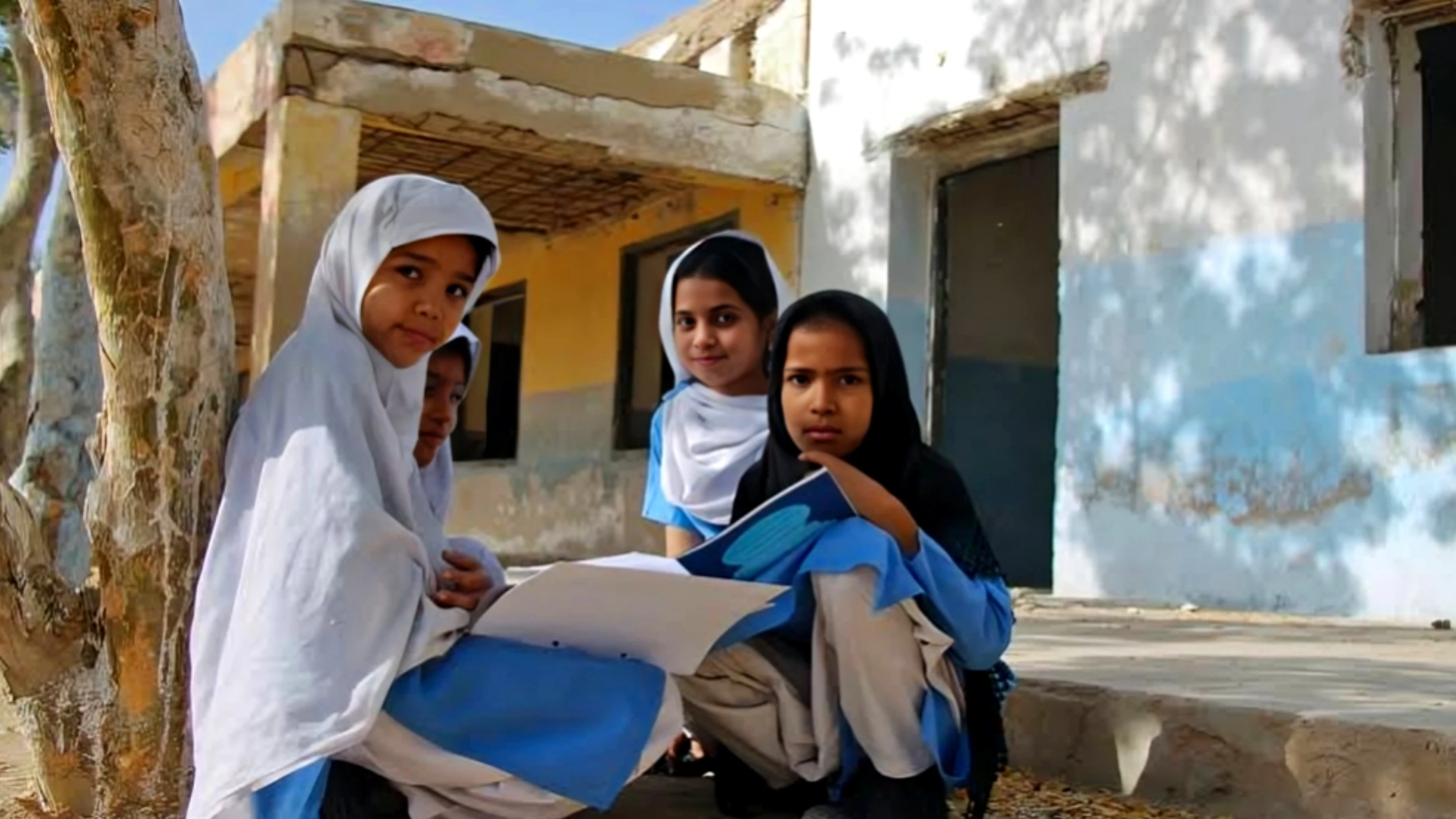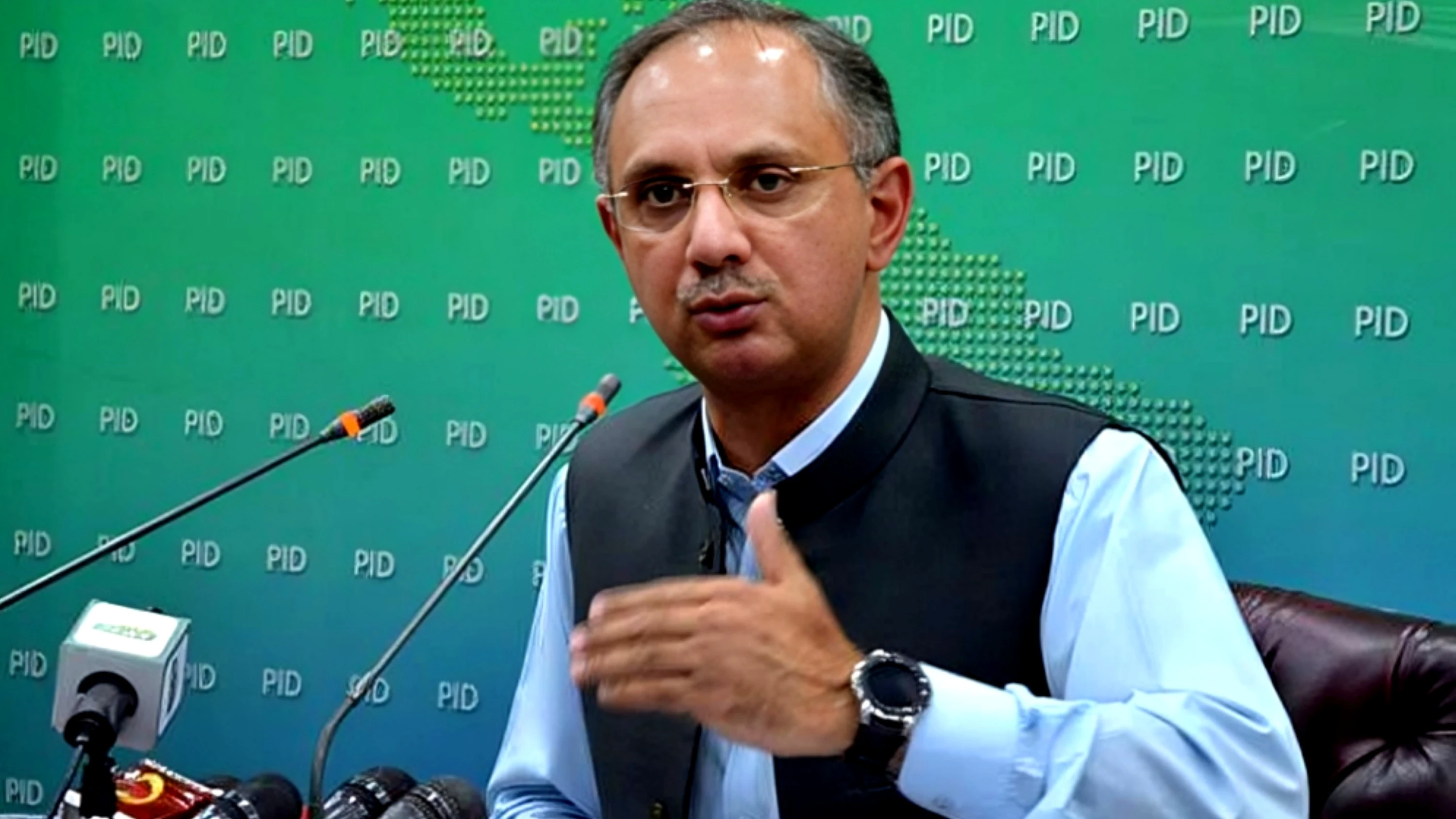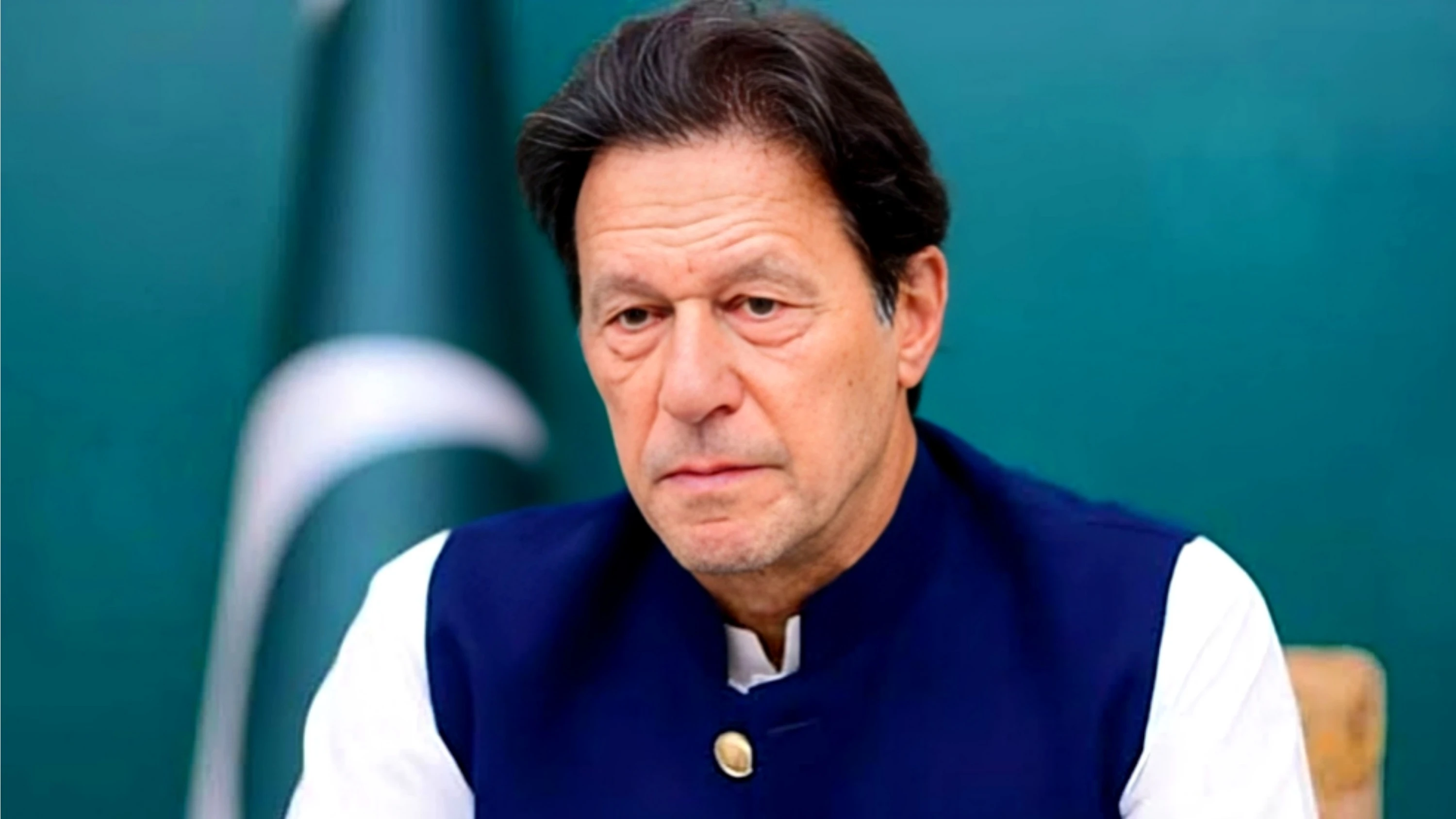Islamabad: The Foreign Office of Pakistan has expressed its desire for constructive diplomacy and comprehensive dialogue with India, emphasizing the need for peaceful resolution of all outstanding issues, including the long-standing dispute over Jammu and Kashmir.
In a strongly worded statement posted on its official website, the Foreign Office also called upon the international community to play an active role in preventing further escalation between the two nuclear-armed neighbors.
The statement underlined the importance of viewing recent developments — particularly the agreement on a ceasefire — in the correct context. It urged the global community to dissuade India from perpetuating what it described as a "false narrative of terrorism" against Pakistan.
“A progressive Pakistan needs international support, not apathy,” the statement read. “India must stop using the pretext of terrorism to achieve political objectives.”
The Foreign Office further claimed that in response to multiple missile attacks launched from across the international border, Pakistan exercised its right to self-defense under Article 51 of the United Nations Charter.
The statement also accused India of rejecting Pakistan’s offer to investigate the Pahalgam attack and instead launching multiple unprovoked strikes between May 7 and 10, which, according to Pakistan, resulted in the deaths of innocent civilians, including women and children.
In addition to these attacks, Pakistan alleged that India deployed a large number of drones across its territory, escalating tensions further by targeting Pakistani airbases with missile strikes. Despite these provocations, the statement maintained that Pakistan acted with restraint and responded in a measured and proportionate manner to ensure the safety of its citizens.
According to the Foreign Office, only those Indian installations and facilities were targeted that were directly involved in "aggression and the deliberate killing of innocent Pakistanis."
The statement concluded with a stark warning, noting that the dangerous standoff between two nuclear states requires serious international attention. “This conflict must be viewed within the broader context of competing geopolitical interests, which continue to threaten regional stability.”








